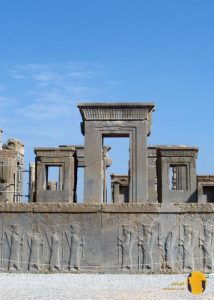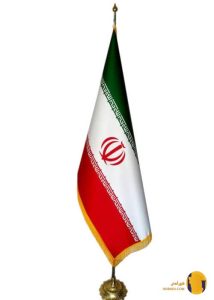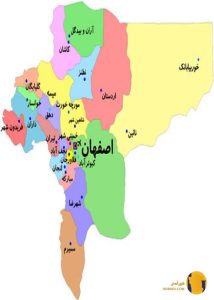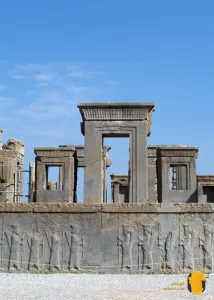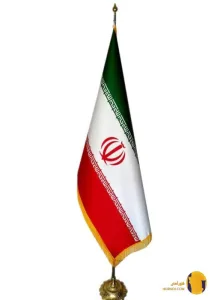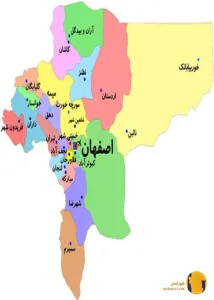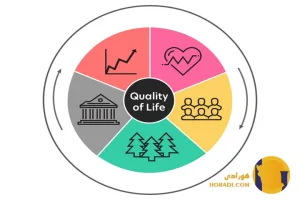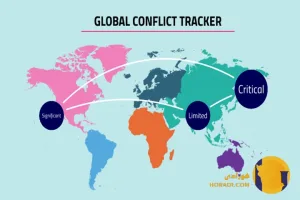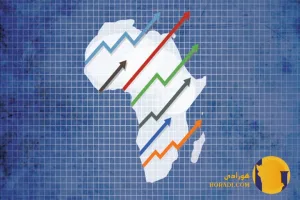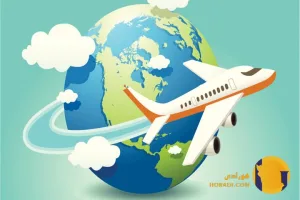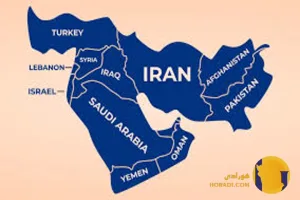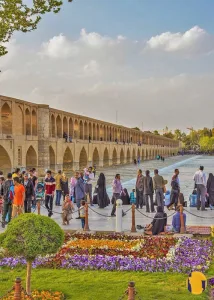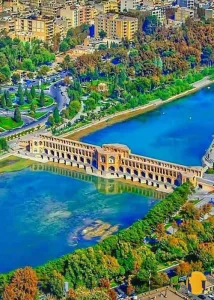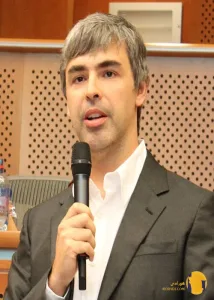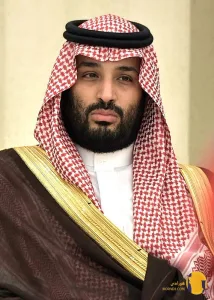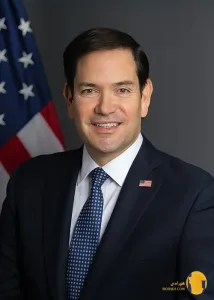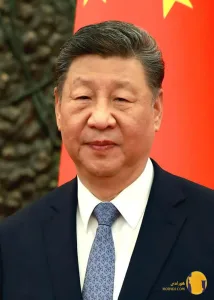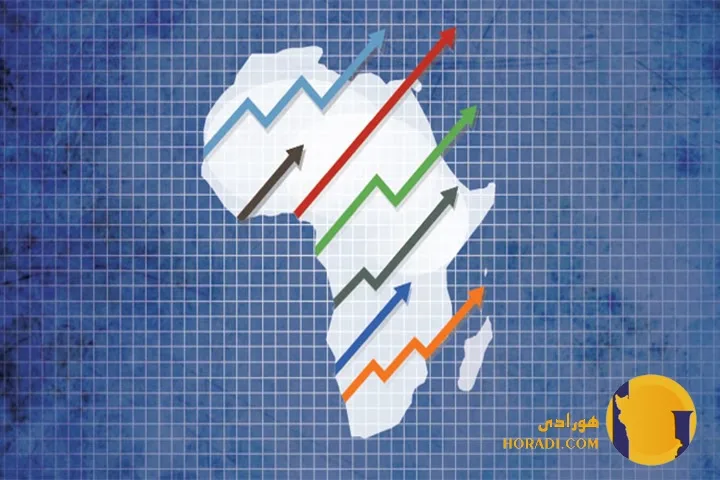
Exploring the growth of economy in Africa 2025
Africa in 2025 is a continent in motion, balancing immense opportunities with significant challenges, where booming cities, young populations, and new technologies are reshaping economies and redefining the global perception of Africa’s role in the future.Exploring the growth of economy in Africa 2025
With over 1.4 billion people, abundant natural resources, and some of the fastest-growing economies in the world, Africa is no longer seen only through the lens of poverty or conflict, but increasingly as a hub of innovation, trade, and cultural influence that could become one of the most important engines of global growth in the decades ahead.
Africa’s Economic Landscape in 2025
The African economy has shown resilience in the face of global crises such as the COVID-19 pandemic, inflation shocks, and climate-related challenges. By 2025, several African countries are posting strong GDP growth, particularly in East and West Africa. Nations like Nigeria, Kenya, Ethiopia, and Ghana continue to expand through technology-driven sectors, agriculture modernization, and infrastructure development.
Meanwhile, Southern Africa remains more mixed, with South Africa facing structural challenges like unemployment and energy shortages, even as it continues to be a financial hub for the continent. North Africa, led by Egypt and Morocco, is diversifying beyond oil and tourism, building stronger industrial and renewable energy bases.
Technology and Innovation Driving Growth
One of the biggest stories in Africa’s 2025 economic rise is technology. The continent’s young population is fueling a tech revolution, with start-ups in Nigeria, Kenya, and South Africa leading the charge in fintech, healthtech, and e-commerce. Mobile money systems like M-Pesa in Kenya remain global examples of how technology can leapfrog traditional banking systems, bringing financial access to millions who were previously excluded.
Artificial intelligence, blockchain, and renewable energy technologies are also being adopted, with African entrepreneurs creating solutions tailored for local challenges, such as off-grid solar energy or digital agriculture platforms that connect farmers to markets.
Trade and Regional Integration
The African Continental Free Trade Area (AfCFTA), launched in 2021, is beginning to show results in 2025. By lowering trade barriers and harmonizing regulations, it has created one of the world’s largest free trade zones, covering 54 countries. This integration is boosting intra-African trade, encouraging manufacturing, and reducing dependence on exports to Europe, the US, and China.
Countries are also investing heavily in infrastructure to support this trade. Mega-projects like new ports in East Africa, railway expansions in Nigeria and Ethiopia, and digital infrastructure investments across the continent are laying the groundwork for stronger economic ties.
Natural Resources and Energy Transition
Africa’s natural resources remain central to its economy. The continent holds vast reserves of oil, gas, gold, cobalt, and lithium—critical for global industries. In 2025, demand for Africa’s minerals is booming, especially as the world transitions to electric vehicles and renewable energy. Countries like the Democratic Republic of Congo, Zambia, and Namibia are benefiting from their role as key suppliers of battery materials.
At the same time, African nations are investing in renewable energy to meet their own growing needs. Solar, wind, and hydro projects are expanding across the continent, with countries like Morocco, Egypt, and South Africa leading in renewable energy adoption.
Agriculture and Food Security
Agriculture continues to employ a large share of Africans, and modernization of this sector is key to economic growth. In 2025, governments and private companies are investing in irrigation, mechanization, and digital tools that help farmers increase yields and access markets.
Yet, food security remains a challenge, particularly with climate change bringing droughts and floods. Nations are increasingly turning to regional cooperation and new technologies to build resilient food systems that can feed their growing populations.
Urbanization and Infrastructure Growth
Africa is urbanizing rapidly, with cities like Lagos, Nairobi, Kinshasa, and Addis Ababa becoming megacities of the future. Urban growth is creating demand for housing, transportation, and energy, driving construction booms and attracting foreign investment.
Infrastructure development remains a cornerstone of growth. China’s Belt and Road Initiative continues to play a role, financing roads, ports, and railways. Meanwhile, local governments are increasingly prioritizing digital infrastructure, ensuring that broadband internet reaches more rural and urban communities.
Challenges to Growth
Despite impressive progress, Africa still faces challenges in 2025. Political instability in countries like Sudan and parts of the Sahel threatens regional stability. Corruption, weak governance, and conflict in areas such as Ethiopia’s Tigray region and the Democratic Republic of Congo remain barriers to growth.
Additionally, global economic pressures such as inflation, rising debt, and supply chain disruptions impact African economies. Many countries continue to struggle with high debt burdens, relying on international institutions and partners for financial relief.
The Role of Youth and Education
Africa’s demographic advantage is also its greatest challenge. With the world’s youngest population, the continent has a massive workforce potential. However, to realize this, education and job creation are crucial. Investments in universities, vocational training, and digital skills are expanding opportunities, but unemployment among youth remains a major concern.
If managed well, Africa’s young population could drive innovation and productivity. If not, it could lead to greater social unrest and instability.
Africa’s Place in Global Politics
In 2025, Africa is playing a more assertive role in global politics. Countries like Nigeria, South Africa, and Kenya are pushing for greater representation in institutions like the United Nations Security Council and the G20. Meanwhile, global powers such as the US, China, Russia, and the EU are competing for influence, making Africa a central arena of 21st-century geopolitics.
Looking Ahead
Africa in 2025 stands at a crossroads. The foundations for long-term economic transformation are being laid through technology, regional integration, and energy transition. At the same time, the continent must overcome governance issues, climate threats, and inequality.
If Africa’s leaders and people can harness the continent’s enormous potential, the coming decades could mark a new era where Africa is not only rising but leading in innovation, trade, and cultural influence.



